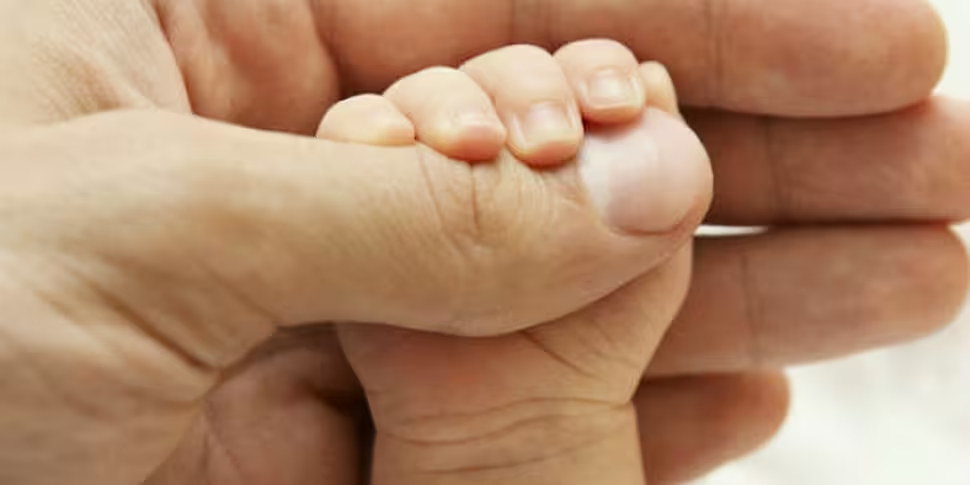Britain could today become the first country in the world to legalise the creation of IVF babies with DNA from three different people.
MPs will debate the controversial technique that involves changing the genetic material passed down the generations.
The new regulations set for debate will "make provision to enable mitochondrial donation" under the Human Fertilisation and Embryology Act.
It would allow women to have children without passing on serious and incurable diseases of the mitochondria, tiny power generators found in almost every cell.
Opponents question the technique's safety and warn it could lead to "designer" babies.
But Prof Dame Sally Davies, England's Chief Medical Officer, says the technique would prevent great suffering.
"The 37 genes in the mitochondria are for energy making. They do not make us who we are or what we are.
"Yet children born with defective ones often don't live a year or two. Others get gradual deterioration of muscles, heart, kidneys, vision and brain and die in their late teens and early 20s."
Mitochondrial donation
Mitochondrial donation has been pioneered by scientists at Newcastle University.
They propose using standard IVF techniques to fertilise an egg from an affected woman and another from a donor.
They would then remove from the affected embryo the nucleus, which contains 99.9% of the parents' DNA, and leave behind the defective mitochondria.
At the same time they would remove the nucleus from the donated embryo.
Finally they would transplant the nucleus containing the parents' genes into the donated embryo, which would then be implanted in the mother's womb.
It's estimated that 2,500 women in the UK are affected by mitochondrial diseases and could use the technique.
David King, of Human Genetics Alert, urged MPs not to allow the technique.
"This is not about protecting embryos but about protecting children from the severe health risks of these unnecessary techniques and protecting everyone from the eugenic designer baby future that will follow from this.
"These diseases can be prevented through conventional egg donation - a reliable method that doesn't risk the child's health. All that these dangerous experimental techniques add is that that they allow the mother to be a genetic parent, which is not a medical benefit for anyone."
The technique has already been cleared by scientific and ethics watchdogs. The public have also been consulted and broadly supported its use.
Dr Jeremy Farrar, director of the Wellcome Trust, the UK's biggest research charity, said: "The Government is right to ask Parliament to support regulations that will allow the law to catch up with public and scientific opinion, and we urge MPs and peers to vote for them."









